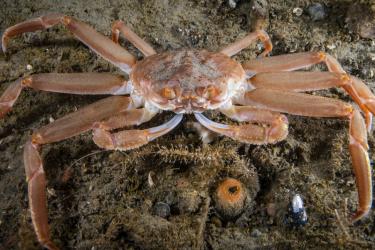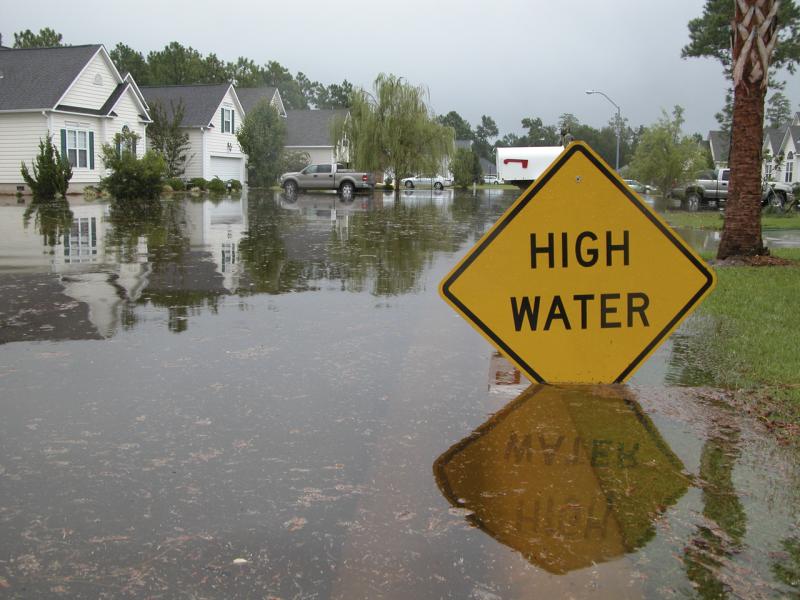Welcome to NOAA Fisheries' Earth Week. This Earth Week—April 18–22, 2022—we are focusing on the impacts of climate change and how we’re helping make America climate-ready, responsive, and resilient. Across our agency and across the country, we’re confronting the challenge of understanding and mitigating the impacts of climate change on our coastal and marine resources while building healthier and more resilient ecosystems. We are all affected by climate change, and we all can work to safeguard our planet.
The original Earth Day was organized to wake people up to the impacts of pollution and as a call to action. Now, climate change threatens our nation’s precious ocean and coastal resources and the communities and economies that depend on them. Every day, NOAA Fisheries scientists are examining climate change-centered questions and data. Their findings inform science-led management and conservation responses aimed at ensuring the health and diversity of our fish, whales, and the multitude of other creatures that depend on marine habitats. I invite you to visit our Earth Week splash page throughout the week or follow us on Instagram, Facebook, or Twitter to learn more about this important work.
You can learn how:
- A scientist in the Pacific Islands is diving into the question of which plant-eating fish can help restore coral reefs damaged by ocean warming events
- Two scientists (both named Jennifer) are using different methods—one in the lab, one in the field—to understand how changing shoreline habitat in the Gulf of Mexico, driven by rising temperatures, is impacting gulf shrimp
- A West Coast scientist is studying an abundance of anchovies’ surprising impacts on endangered salmon health and populations
I’m extremely proud of the work that each and every person at NOAA Fisheries is doing and of the talented folks across NOAA and our many partners who use science to inform decisions affecting natural systems. Biologist Aldo Leopold said: “The first rule of intelligent tinkering is to save all the pieces.” While each scientific question and study may seem small on its own, they add up to improving our understanding of how to be better stewards of the environment. There is so much more to learn about climate change impacts on our marine resources and how to best respond and adapt. Fortunately, with our agency’s world-class science and data and a good dose of passion for our conservation and management mission, the team at NOAA Fisheries is an innovative force making a difference.
In that vein, kudos to the talented team of NOAA Fisheries scientists who are launching a new, interactive species mapping tool. People everywhere will be able to use its data-backed visualization and analysis capabilities to explore and better track marine species’ changing distributions. In many cases, we know that climate change effects on species distributions are large. Tools like this help to better understand what’s changing so that we and our partners can take action now.
Visit the Distribution Mapping and Analysis Portal
In honor of our Earth’s incredible ocean, and in service to people and wildlife across the country, we are using Earth Week 2022 as an opportunity to redouble our efforts in our top priority: combating climate change to support thriving marine resources, coastal communities, and economies. Please join us in this important work.
Janet Coit, Assistant Administrator for NOAA Fisheries





